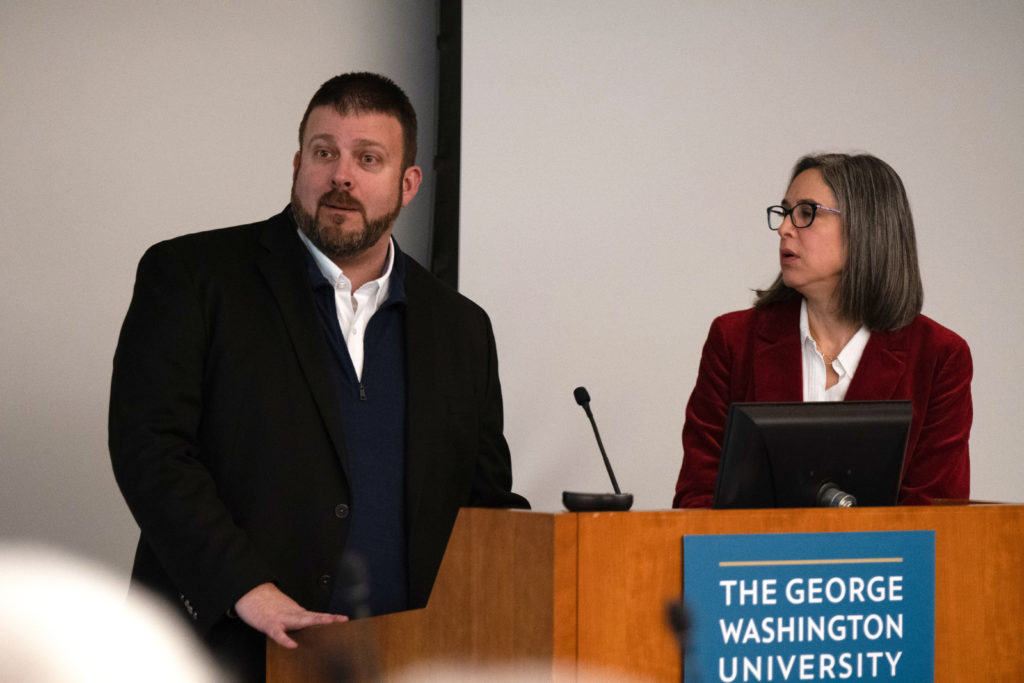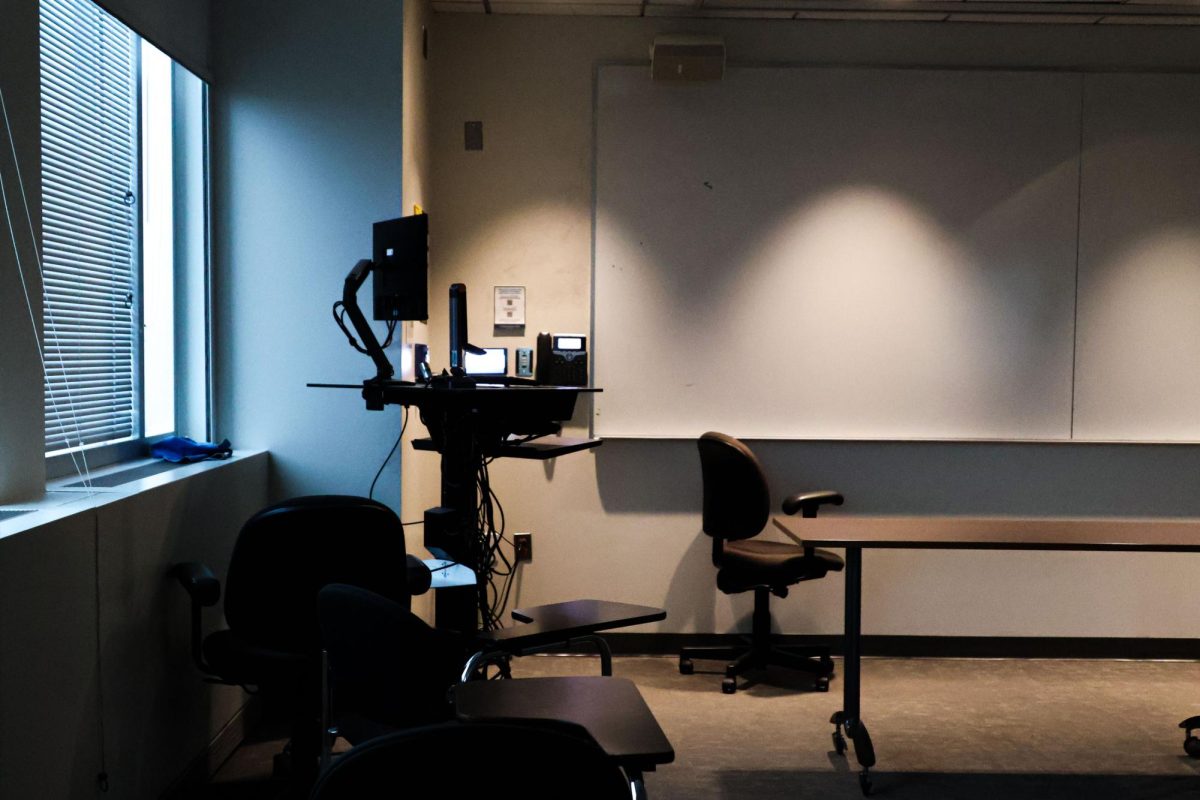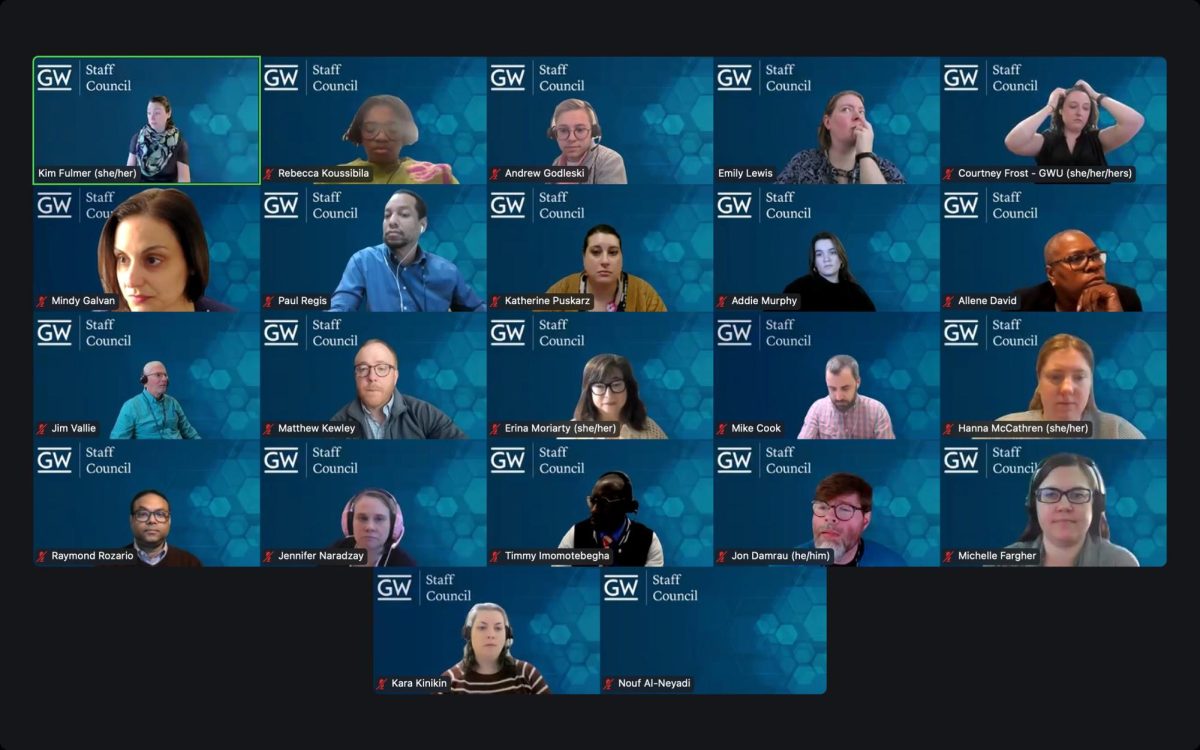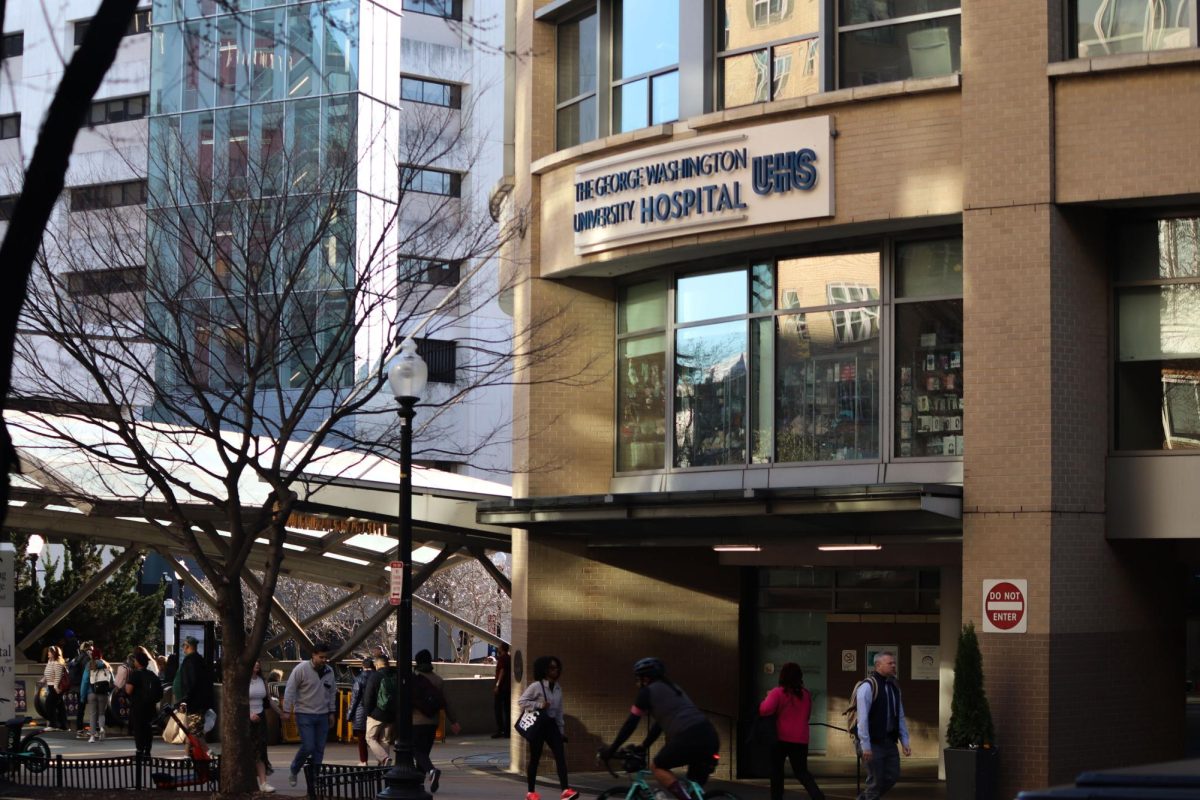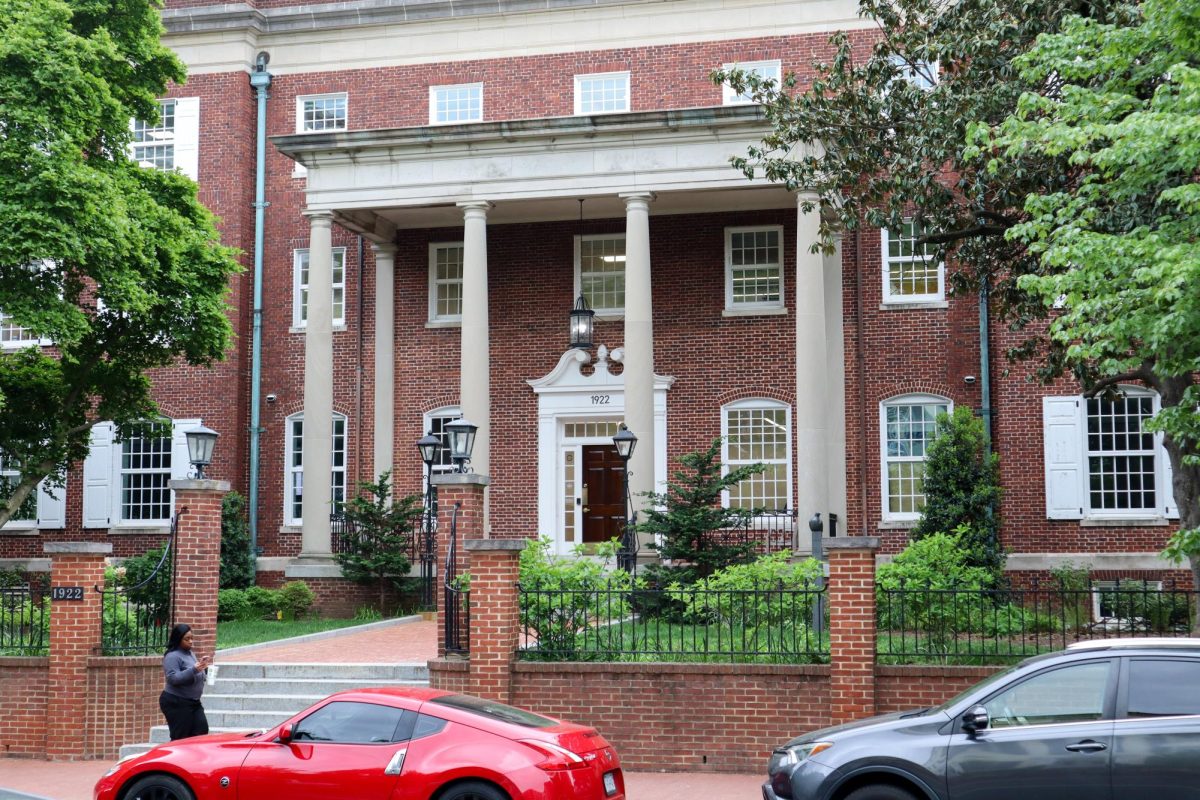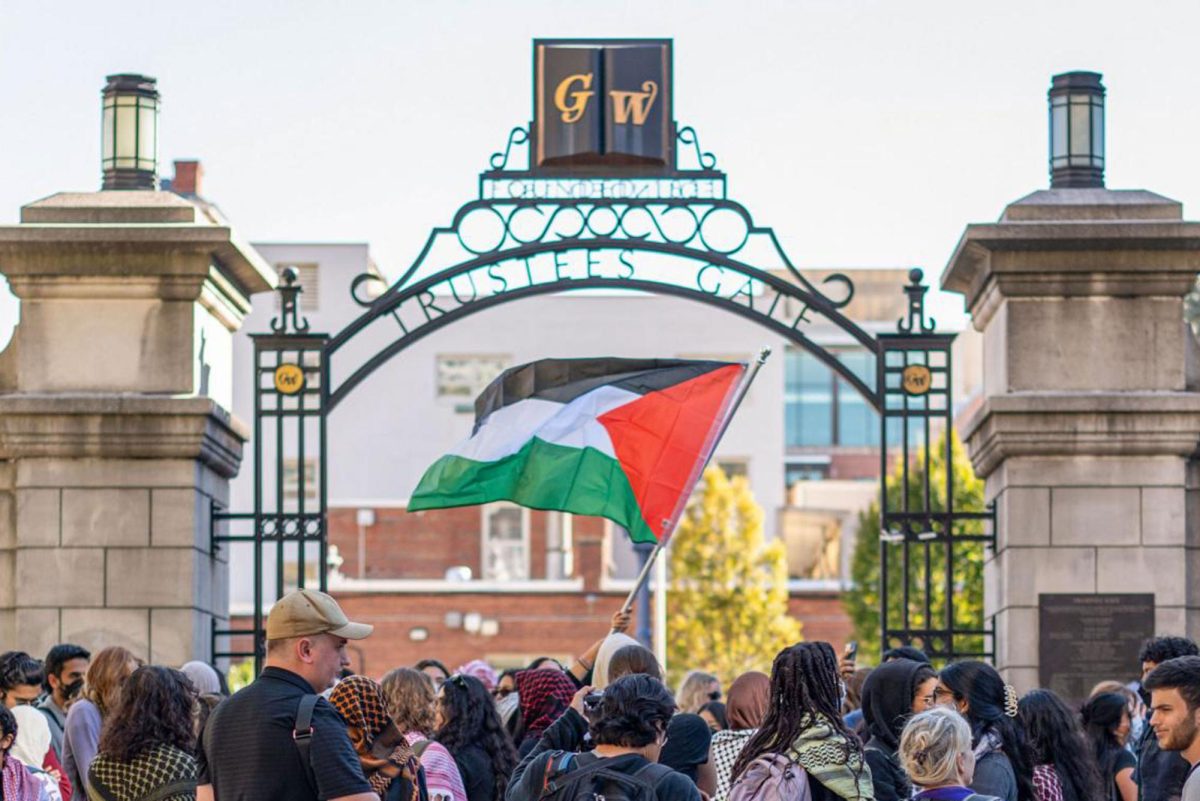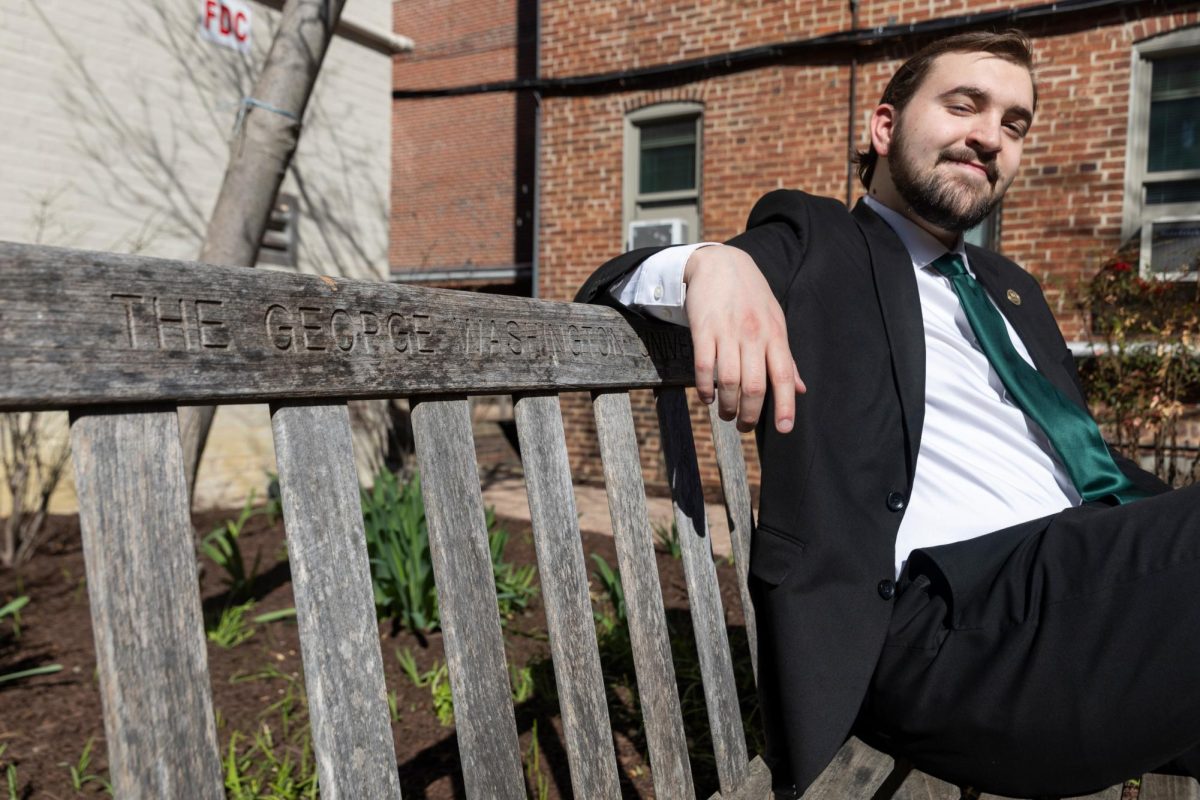Officials formed an 18-member task force late last month to examine and determine the future of the University’s academic environment in the aftermath of the COVID-19 pandemic.
Administrators said the Post-COVID Academic Innovation Task Force will investigate lessons learned from teaching during the public health crisis. Provost Brian Blake said the task force will seek ideas and feedback from “a broad range of sources,” including University personnel and the academic community outside of GW, to submit a finalized list of recommendations to him by late May.
“It also will study emerging literature on the post-pandemic higher education landscape and embrace any ideas or opportunities regarding course delivery, short-term academic experiences like certificate programs, our academic calendar and the research enterprise,” Blake said.
Blake said in an email announcing the task force in December that all academic planning groups, including the post-COVID task force, would be “at minimum” 75 percent faculty and would be chaired by a faculty member.
University President Thomas LeBlanc said he hopes to explore new opportunities once classes are held in person again to make study abroad programs easier for more students to participate in, potentially allowing them to take virtual courses while living outside of the United States. He said he also expects faculty members to continue to hold their office hours virtually and consider holding virtual classes in the event of inclement weather.
Blake said the task force will also review “previous academic innovation work from the GW community,” like lessons learned from GW’s now-obsolete strategic planning process.
LeBlanc announced the launch of a new University strategic plan in September 2019, which included pillars of distinguished and distinctive graduate education, high-quality undergraduate education, world-class faculty and high-impact research.
The undergraduate education committee made recommendations last February to eliminate negative perceptions about introductory STEM courses and improve academic advising, while the graduate education committee made recommendations to improve mental health and financial aid services for graduate students.
Pamela Jeffries, the dean of the School of Nursing and one of the co-chairs of the task force, said the members will aim to generate data and knowledge about the GW community’s “academic innovations and instructional continuity” due to the pandemic and to make “data-driven recommendations” to better fulfill the University’s academic mission.
She said while the task force is currently working on gathering information and is in the “preliminary stages of data exploration,” the work will be collaborative with those involved in the strategic planning committees last year. She said members of the task force will invite the co-leaders of all of the strategic planning committees to speak and present their findings to the task force in the near future.
“The work is only beginning,” she said in an email. “For now, the committee desires to review the reports from the GW strategic plan documents that were put on hold in April due to the pandemic along with other information from surveys that have been completed by faculty, staff and students during the past 11 months in the pandemic.”
Jason Zara, a professor of biomedical engineering and the other co-chair of the task force, said higher education institutions have “done a great deal of work” in adapting to the virtual learning environment and hope to determine which of those changes will be implemented in the long term.
“There are undoubtedly numerous innovations and practices that have been developed that can make GW better even after the pandemic has passed,” he said in an email.
After officials moved classes online for the semester due to the pandemic, faculty said virtual learning helped them develop new teaching strategies to optimize the time they had in class with their students.
Zara said students will be involved with the task force — officials have selected an undergraduate student and are in the process of adding a graduate student.
“As we start to do the work, we are planning to open additional opportunities for more students and faculty to contribute on the working groups,” he said.
Zara said he is approaching the task force with an “open mind” and will actively seek the University’s input and be transparent about the task force’s findings.
“We are committed to working to gather input from as many voices as possible,” he said. “We are all very excited to see what innovations can come from the GW community to make how we operate in the future more effective.”


